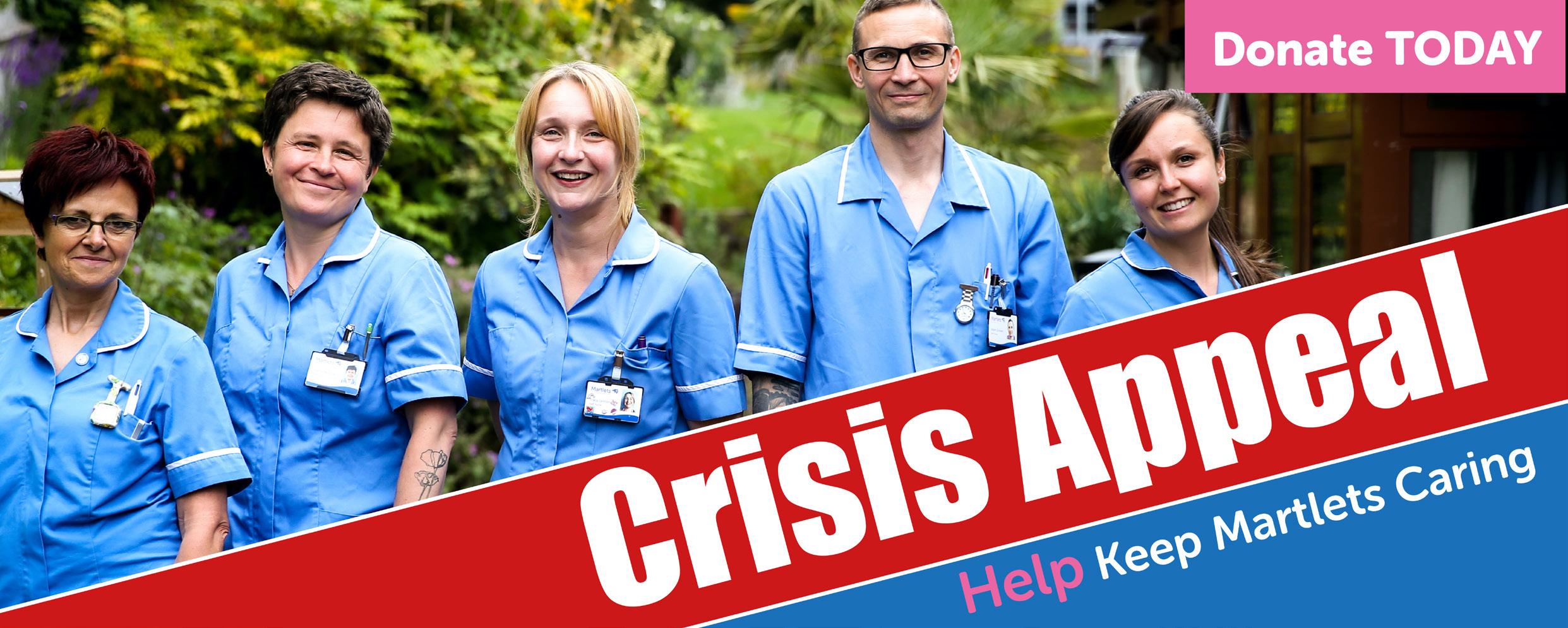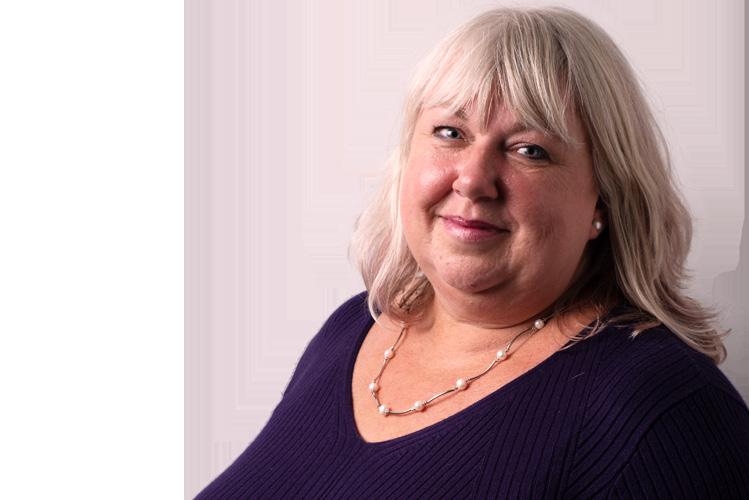
10 minute read
A YouGov poll suggests
Wellbeing vs The Economy
Has there been enough attention to health and wellbeing during the pandemic?
Measures of the UK’s quality of life should replace the publication of purely economic indicators, campaigners and politicians have urged, as polling has found a substantial majority of the public want ministers to focus on improving health and wellbeing over economic growth.
The UK’s latest GDP figures will be published shortly, covering the period from January to the end of March, and they are expected to show a dramatic fall, as the first quarterly estimate to reflect the initial impact of the coronavirus and lockdown measures.

A YouGov poll has found eight out of 10 people would prefer the government to prioritise health and wellbeing over economic growth during the coronavirus
crisis, and six in 10 would still want the government to pursue health and wellbeing ahead of growth after the pandemic has subsided, though nearly a third would prioritise the economy instead at that point.
The finding comes as millions of people face economic hardship because of coronavirus and the lockdown, while some measures of the quality of life – such as air pollution and the natural environment – are showing signs of improvement.
Positive Money, the campaigning group that commissioned the research, said the poll showed that the government should publish statistics on social indicators, health, the environment and quality of life to give a truer picture of the UK’s status and help policymakers better target what the public wants “It’s clear the vast majority of the public think we should worry more about people’s health and wellbeing than economic growth,” said Fran Boait, the executive director of Positive Money. “The government must not be tempted to pursue policies that would boost GDP at the expense of lives, wellbeing and the environment.”
In a report entitled The Tragedy of Growth, backed by politicians from several parties, including Clive Lewis of Labour, the Green party MP Caroline Lucas, and the former Conservative environment minister Lord Deben, who chairs the committee on climate change, campaigners call for a shift away from GDP as the government’s core measure of success.

The focus on GDP means economic growth can take place at the expense of the environment, and people’s quality of life, without any of the resulting damages ever being taken into account, the report argues. That in turn encourages ministers and officials to seek ways of raising the GDP figures, even if rising nominal growth is accompanied by environmental degradation, worsening health, poor educational attainment and increasing poverty.
Leading economists have called for governments to look beyond GDP, and some countries have begun to publish a broader suite of wellbeing indicators as a result.
The report calls for the Office of National Statistics, which collates the UK’s quarterly GDP statistics, to publish instead a “dashboard” of wellbeing indicators, which the Treasury would then be required to target for improvement.
31
Publisher’s comment:
This report makes for interesting reading but health and wellbeing is tightly woven in with financial wellbeing and that cannot be achieved unless the country has a strong economic performance. Highlighting wellbeing over the economy is a falsehood as if you lose your job, your business goes bust or you cannot afford to pay your bills or do the weekly shop for your family, bang goes your personal health and wellbeing.
Is it time to Pivot your Marketing?
By Simon Groves, MD of PRG Marketing
UK businesses have been forced to adapt during the Covid-19 pandemic. Whether reducing operations or asking staff to work from home; now is a time of change. But what happens once the crisis calms and a sense of normality resumes?
No one knows for sure, but we will undoubtedly see longer term changes in the way businesses operate including a surge of companies going online.
A new way of operating calls for a new way of marketing. While many SMEs already do some form of digital marketing, can ‘pivoting’ your strategy help achieve tangible results? With the way we communicate and the way we work being challenged in lockdown, it seems natural that marketing strategies will shift to react to a new way of working.
For businesses new to digital marketing, there is a period of adjustment. Channels that work for some businesses will not work for others. Finding the right platforms is half the battle. So, what is pivoting your marketing? For businesses that previously
operated offline only, investing money in marketing may have meant leaflets, events and more traditional methods of promotion.
Websites are becoming increasingly important, keeping businesses in front of their customers during a time when there is less visibility via other means. Therefore, directing customers to websites via email marketing, social media and Google Ads for example could be a smarter investment in your future.
Some of the sectors that have been working at an increased capacity such as pharmaceuticals, food and logistics are continuing to keep in touch with customers. The supermarkets are a great example of how marketing needs to adapt to the circumstances. Consumers are no longer only interested in offers and recipes as safety procedures and retailer responsibility rightly take precedence.
While different industries face different challenges over the coming months giving customers the right messages at the right time will play a part in determining which companies will build loyalty among their customer base.
Other businesses may find that their current business model is no longer in demand and as such have changed their focus to new products and markets. This requires a shift in strategic focus and digital marketing allows the flexibility to try new routes to customers without having to fully commit to a platform. Things to consider include what your business goals are now, what budget you have and algorithm updates on some of the main platforms. These variables will affect decisions around how you can successfully pivot your actions.
At a time when staying connected virtually is the new norm, entire industries built upon face to face networking are pivoting the way they communicate. Messaging has never been so important; listening to customers is crucial. What are their problems and how can you help solve them? How can you make their lives easier? Where are they spending their time?
Now is the time to pivot from looking at what you think you know about your customer base and working out what has changed and what you actually know. The businesses who want to help their customers, who demonstrate loyalty to their customer base and communities beyond simply driving sales will reap the rewards of customer loyalty long term.

For a no-obligation chat or advice about helping keep your business connected, please contact Simon@ prgltd.co.uk
A Q&A with D&A
D&A is a disabled-led organisation that has been offering remote support for neurodiverse and disabled people for over a decade. Its mentors are highly qualified mental health professionals and have a deep understanding of the challenges your staff face as they may have faced these themselves. D&A supports people with everything from managing stress to building confidence and self-esteem. Emma Turner, Partnerships & Outreach Lead at D & A answers our questions...
Emma Turner
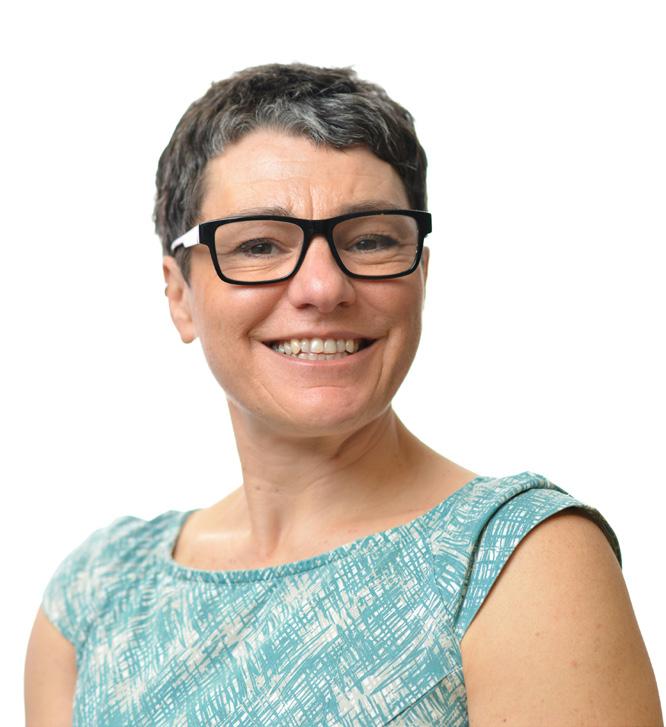
When do you know that you or your team would benefit from some one-to-one coaching?
We’re all individuals and respond to situations uniquely, so you won’t necessarily be able to see the signs that someone is struggling. It’s likely that there will be a lot of masking, as colleagues can hide or downplay their difficulties, even from themselves.
Rather than inviting specific people that you feel may be in need of help, it’s important to anticipate a need. Simply offer it upfront and to everyone, we can all gain the benefits.
Proactivity is key - shout about the offer of support and then staff will be able to identify if they need it. Their needs will no doubt change from day to day, or even by the hour. So, supporting people across the board will not only be more helpful, it also means that no-one’s mental health will deteriorate through lack of support.
What happens when we don’t get this right? • Stress, fatigue, burnout • Mental and physical illness • Low morale and loyalty • Low productivity and inefficiency
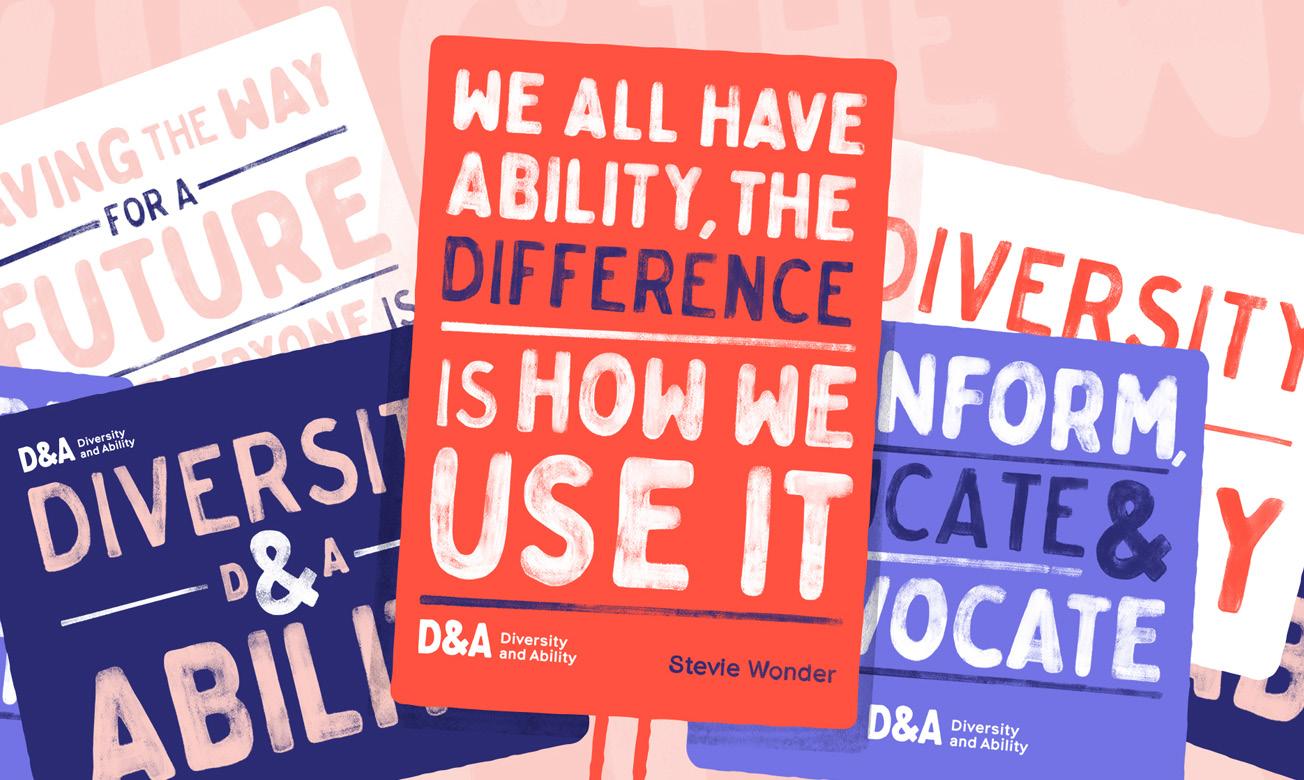
What are the benefits of getting outside help at this time?
In these difficult, isolating times access to 1-2-1 support allows staff to de-stress, to have someone to listen to them without judgement, to create healthy habits, to put aside unhelpful thoughts and develop skills and strategies for dealing with challenges.
What are the barriers that stop business owners from getting this help?
While there’s a clear business case for making sure your employees are well supported in their work and in their wellbeing, there can be barriers such as mindset and attitude that get in the way of reaching out for support.
Sometimes employers and employees feel we must each deal with challenges on our own, or that our personal reactions to situations are separate from our work. But this mindset can be harmful. Instead, successful businesses know that helping their staff thrive translates into a thriving business. And staff that are well looked after are more resilient to challenges and changing circumstances, and more engaged in their work.

To find out more contact Emma at workplace@diversityandability.com
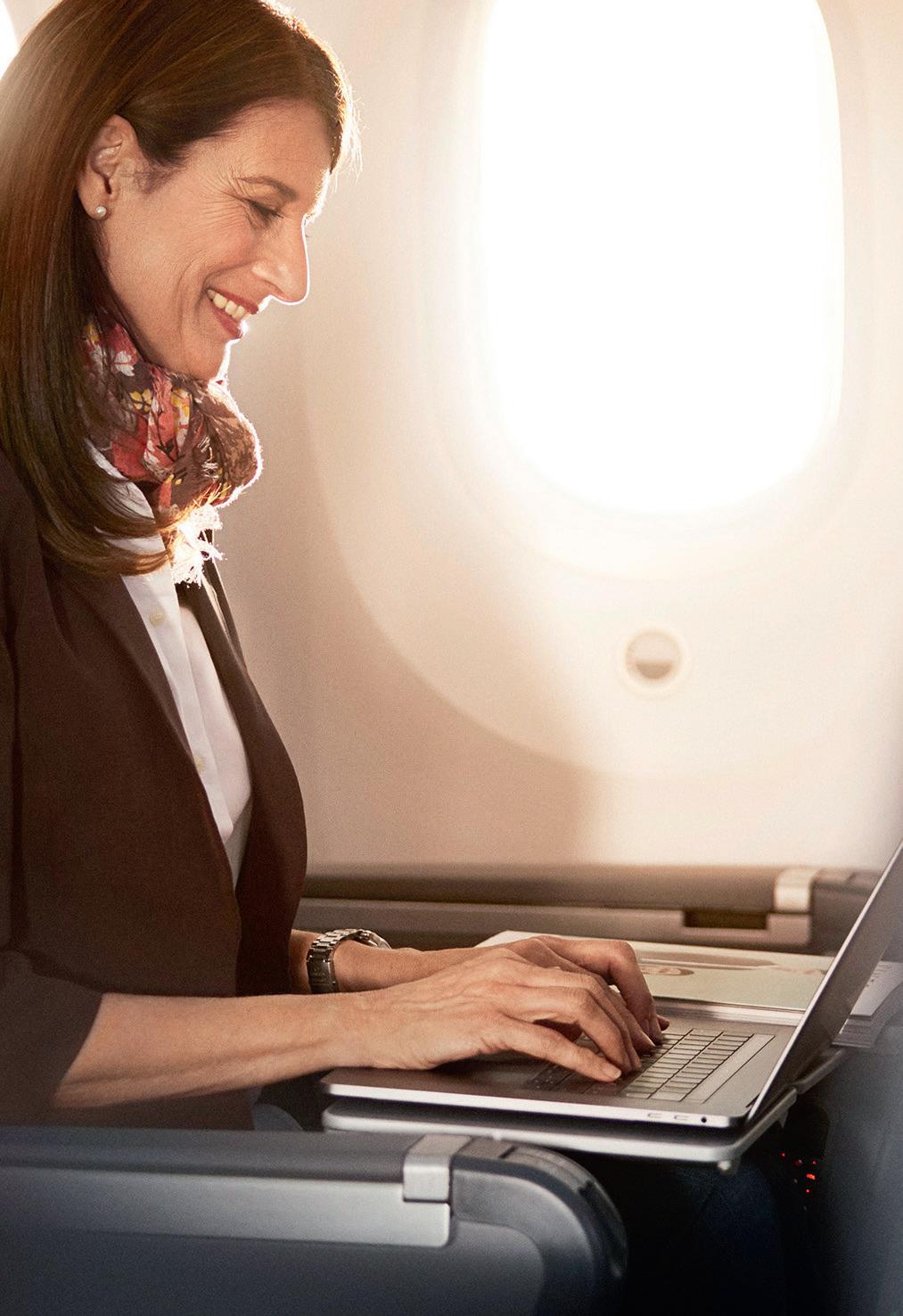
Keeping Caring for our Community
Throughout the lockdown Martlets continues to provide essential services to local people affected by terminal illness. But the charity needs your help more than ever
Our hard-working doctors, nurses, health and social care teams deliver essential care to our community day and night helping those with life-limiting illnesses, and their families, cope with the impact of their disease. This doesn’t stop because of COVID-19.
To protect patients and staff, we’ve closed the public areas at our hospice although the inpatient unit remains open with necessary restrictions on visitors. Our clinical teams are doing an incredible job caring for our patients here with compassion and understanding. The staff are also helping patients use technology for video calls to stay in touch with family and friends..
In our community, to reduce the risk of infection, we’ve greatly increased our telephone contact making sure we keep in touch with everyone, helping them feel supported. The biggest thing for us is that ‘The Hub’ - our 24- hour advice line – continues to run, providing the constant support that our patients are used to.
Niks Kent who leads our family and patient support team has created a ‘virtual welfare centre’ to look after people who may be particularly isolated.
For some, our day services and social groups might be their only social contact, so we’re maintaining telephone interaction with that group of people; we’re still providing support, just in a different way. Conversations are hard, while some patients are coping well with the changes in their world, others are understandably distressed with the changes to their care or treatment or trying to manage unexpected loneliness.
We’re making sure we’ve got the right kit (PPE) to keep our staff and patients safe. Our nurses are still seeing people in their homes across Brighton, Hove and the Havens, but they’re trying to do as much of the assessment as they can over the phone before they go in; to limit the amount of time in homes.
Although there’s a lot we can do on the phone, particular tasks do require you to be there with a patient. Administering medication is a big one and examining patients can be crucial, so we assess on a case by case basis.
Helping us to Keep Caring
A huge thank you to everyone who’s donated to our Martlets Crisis Appeal https://www.martlets.org.uk/ crisis-appeal/. All our charity shops are closed and our fundraising events have been cancelled so these vital funds are helping us keep caring. Please continue to support us as a charity. We want patients and families to be able to make the most of the precious time they have, now more than ever.
35
